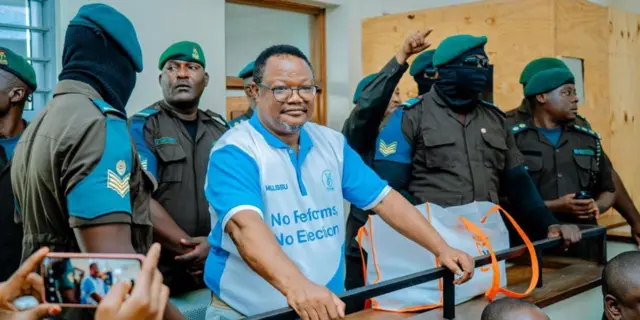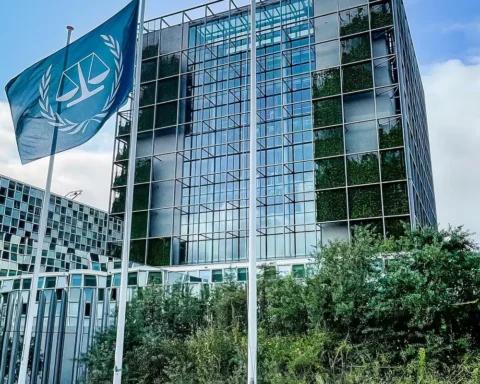Tanzania’s High Court is set to make a critical decision in the treason case against opposition leader Tundu Lissu, focusing on whether a video of his speech, allegedly inciting rebellion and disruption, can be admitted as evidence.
The case has captured nationwide attention, reflecting the tension surrounding political expression in the country.
The prosecution has asked the court to dismiss Lissu’s objections to the video, arguing that his claims lack legal basis. Officials contend that the video was properly handled and verified. Forensic expert Samweli Eribariki Kaaya testified that he received a flash disk and memory card containing the footage from the Special Investigations Regional Office in Dar es Salaam and confirmed its authenticity. The prosecution maintains that the evidence was collected and preserved following proper legal procedures.
Lissu’s defense team, however, has raised multiple challenges. They claim the video was not presented in the committal court as required by law, question the timing of the forensic report, and challenge the authority of the witness to validate the evidence. The defense argues that these procedural issues undermine the admissibility of the video and may affect the fairness of the trial.
The trial is being heard by a three-judge bench led by Resident Judge Dunstan Ndunguru at the High Court’s Sub-Registry in Dar es Salaam, with Judges James Karayemaha and Ferdinand Kiwonde presiding. The case is currently at the stage of prosecution evidence, and a ruling on the objections is expected in the coming days.
Also Read; Cargo Plane Crashes Into Sea Near Hong Kong Airport
Lissu is accused of making statements on April 3, 2025, that were intended to threaten the Government of the United Republic of Tanzania, contrary to Section 39(2)(d) of the Penal Code of Tanzania. Social media posts allegedly quoting him include statements about obstructing elections and inciting rebellion — remarks that have sparked controversy and debate about political dissent in the country.
Observers say the trial could have broader implications for Tanzania’s political landscape, particularly concerning how opposition voices are treated and the legal thresholds for evidence in politically sensitive cases. Many are watching closely to see whether the court upholds strict evidentiary standards or sets new precedents for politically charged trials.
The case continues to develop, and legal analysts emphasize that its outcome could influence public perception of justice, accountability, and freedom of expression in Tanzania. Citizens and political observers alike are awaiting the court’s decision, which may shape the country’s approach to dissent for years to come.







